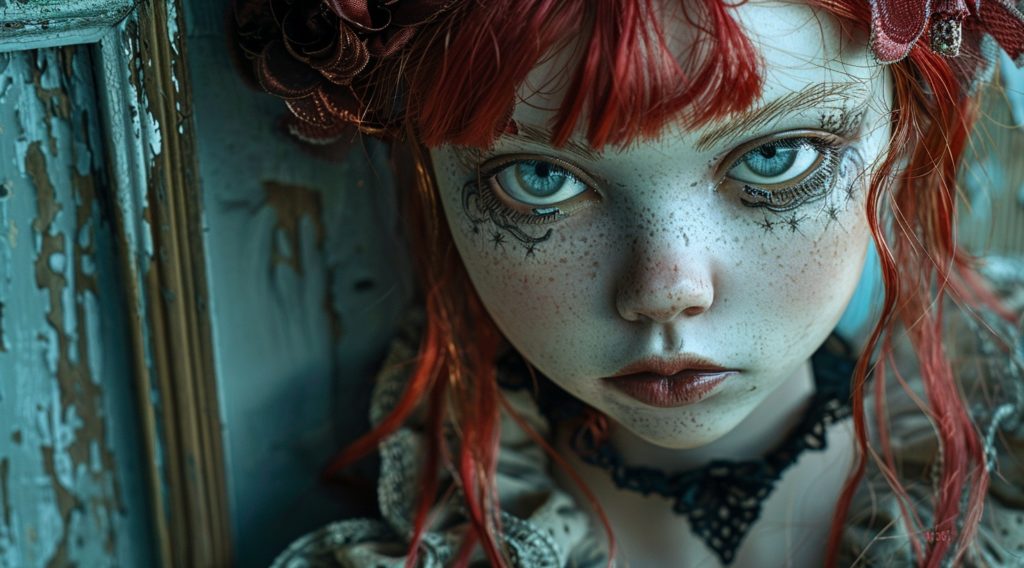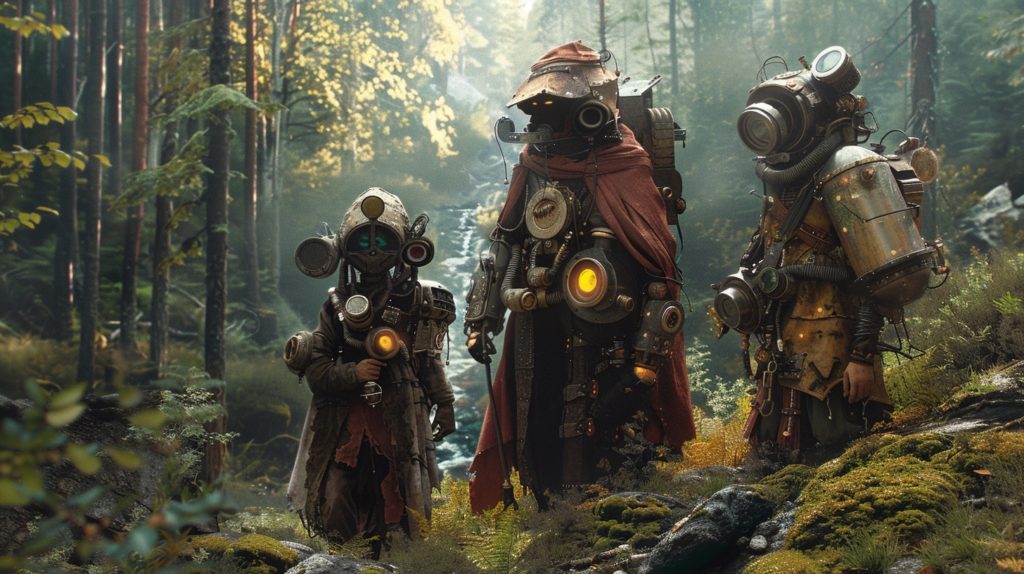
One thing that becomes obvious if you read much is that literature transcends storytelling. Stories provide vicarious experiences and allow us to live countless lives, feel profound emotions, and explore the depths of the human condition through multitudes of characters. They’re gateways into worlds where we bond with characters who, though birthed from imagination, become as familiar to us as old friends. As readers, the moments that linger long after we turn the last page evoke emotions from the heights of elation to the depths of despair. Our connections to fictional characters heighten our engagement with the story and foster a deeper understanding of ourselves, others, and the world.
The Essence of Emotional Connection

Why do fictional characters captivate us? It’s because they encapsulate the myriad emotions and experiences that define the human experience, making it natural for us to empathize with their journeys. Writers imbue characters with hopes, fears, triumphs, and tribulations that echo our own, creating a mirror of our own lives. When a character laughs, we share in their joy; when they weep, we feel the sting of their tears. This empathetic bond is the alchemy of storytelling, and it’s a kind of magic. It blurs the lines between the real and the imagined, drawing us deeper into the narrative, be it short story, novel, or otherwise.
Crafting Characters That Resonate
Creating characters that resonate deeply with readers requires an understanding of human nature and also the ability to render it in all its complexity on the page. That’s not to say that young writers can’t create remarkable characters, just that the more experience you have, the more you understand others, the more believable your characters will become.
They must feel real, with backgrounds, experiences, dreams, flaws, and growth that unfolds organically over the course of the story. They should be as diverse and multifaceted as the real world. Modern writers know how important it is to write about characters from different backgrounds, providing not just representation for more readers, but for the sake of reflecting reality. Writing fiction is a chance to offer a spectrum of perspectives that allow every reader to find a piece of themselves within the story. A protagonist’s journey from adversity to resilience, for example, can offer inspiration, prompting readers to reflect on their own capacity for strength in the face of challenges.
The Role of Conflict and Resolution

Conflict is the crucible that tests and transforms characters. It drives the narrative forward and forges a deeper connection with the reader. Through conflict, characters confront their deepest fears, make hard choices, and develop in meaningful ways. These moments of adversity reveal the core of a character’s being, inviting readers to invest emotionally in their journey.
The resolution of a conflict may be triumphant or tragic, but they should feel right for the story and bring a sense of closure for readers. A well-executed resolution can stir a wide range of emotions, offering a sense of catharsis or prompting introspection about the narrative’s deeper meanings.
Empathy and Understanding

Reading is an exercise in empathy. In fact, it’s said that readers are generally more empathetic than non-readers, because they frequently step into the shoes of others and view the world from their perspective. Regularly connecting with characters on an emotional level enhances the reading experience and even enriches our real-world interactions. By experiencing the world through the eyes of diverse characters, we gain insights into lives and cultures different from our own.
While I know this information will be helpful to aspiring writers, I’ve also written this article for readers. The emotional journey we undertake with characters infuses literature, and by that I mean all fiction genres—with its enduring power and appeal. It transforms reading from a solitary act into a shared experience, a dialogue between the reader, the characters, and the author that resonates long after the story ends. Good fiction takes us on emotional voyages, entertaining us, challenging us, and prompting reflection on the human condition. Ultimately, the true magic of literature lies in the emotional odysseys it invites us to join, where we explore the landscape of human emotion and discover universal truths that connect us all.
One More THing
If you’d like to hear about all the stories I’m sharing on my Patreon, my steampunk western novels, news about when I’m attending conventions, to get alerted about new blog posts here, and much more, follow me on Substack. I send out a newsletter from there once a week on Tuesday morning.
“The three things that matter most in a story are characters, characters and characters.” ~ Bob Gale